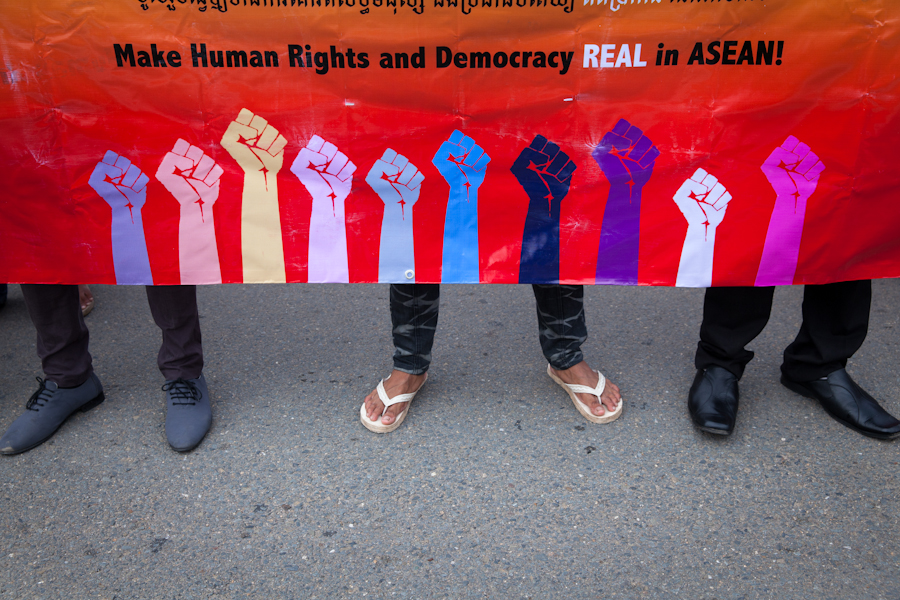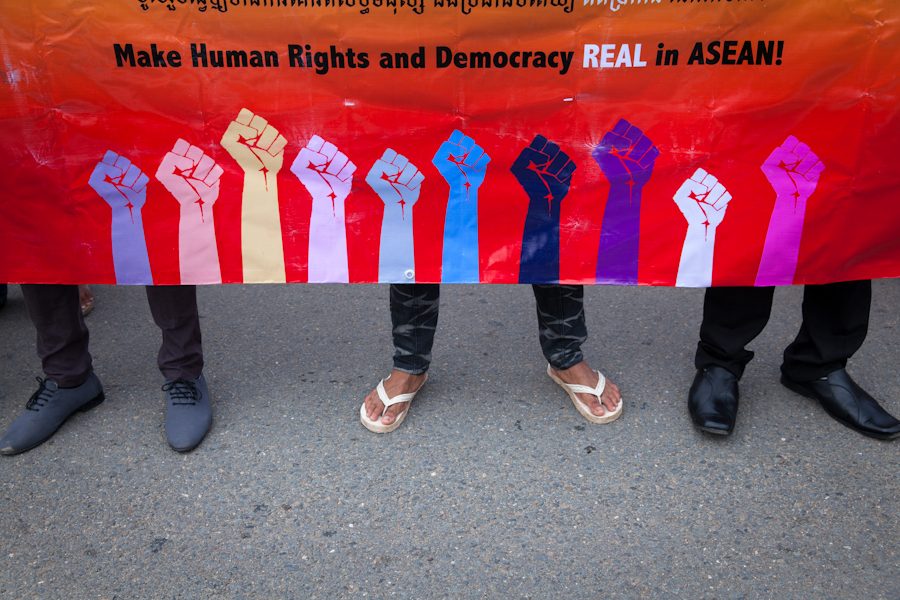
Conference to examine the costs and benefits of the Universal Periodic Review of human rights and its impact in Southeast Asia.
By May 2016, each state in Southeast Asia will have completed its second cycle of the Human Rights Council’s Universal Periodic Review (UPR).
But what is the impact of the UPR on human rights in the region? And does the focus on constructive dialogue and the state-centric nature of the process help improve the situation?
The peer review format of the UPR evaluates human rights in all 193 UN member states. It takes place once every four-and-a-half years and all Southeast Asian states have completed two cycles of reviews — except for Thailand which will have its second review in May.
Given that states in the region will have gone through two cycles of the UPR, it is timely to undertake evidence-based research into the review process and its impact on Southeast Asian countries.
Two issues are particularly important. First is the efficacy of the process and how it has truly impacted human rights situations on the ground. Second is the decreasing role of civil society as a space for advocacy in the region.
Civil society participation in the UPR is limited to observing the dialogue. However civil society organisations can contribute to the stakeholder report that frames the discussion, and can raise issues before the Human Rights Council when the outcome of each State’s peer review is discussed.
As such, Asia Centre — an independent think-tank based in Bangkok — is bringing together academics and researchers for an evidence-based analysis of the UPR’s impact on Southeast Asia. It will convene a three- day conference from 15 to 17 September 2016 in Thailand.
The conference, Universal Periodic Review in Southeast Asia: An Evidence-Based Regional Assessment, will consist of thematic panels, country-specific discussions and a final plenary session open to civil society groups, international organisations, government officials and the academic community to facilitate knowledge sharing and networking opportunities.
The convenors are Dr James Gomez and Dr Robin Ramcharan, whose recent piece for New Mandala on the protection capacity of regional human rights institutions, found that regional watchdogs come up short when it comes to rights protection.
The conference aims to fill a gap in the literature on the UPR’s impact on protection capacity in the region. An assessment of the UPR’s ability or potential to address protection gaps in national human rights institutions, including the regional mechanism AICHR, will lead to a more complete understanding of the human rights architecture in Southeast Asia.
Those interested in attending can find more information at the Asia Centre website.
Michelle D’Cruz is Programme Coordinator at Asia Centre.
 Facebook
Facebook  Twitter
Twitter  Soundcloud
Soundcloud  Youtube
Youtube  Rss
Rss 